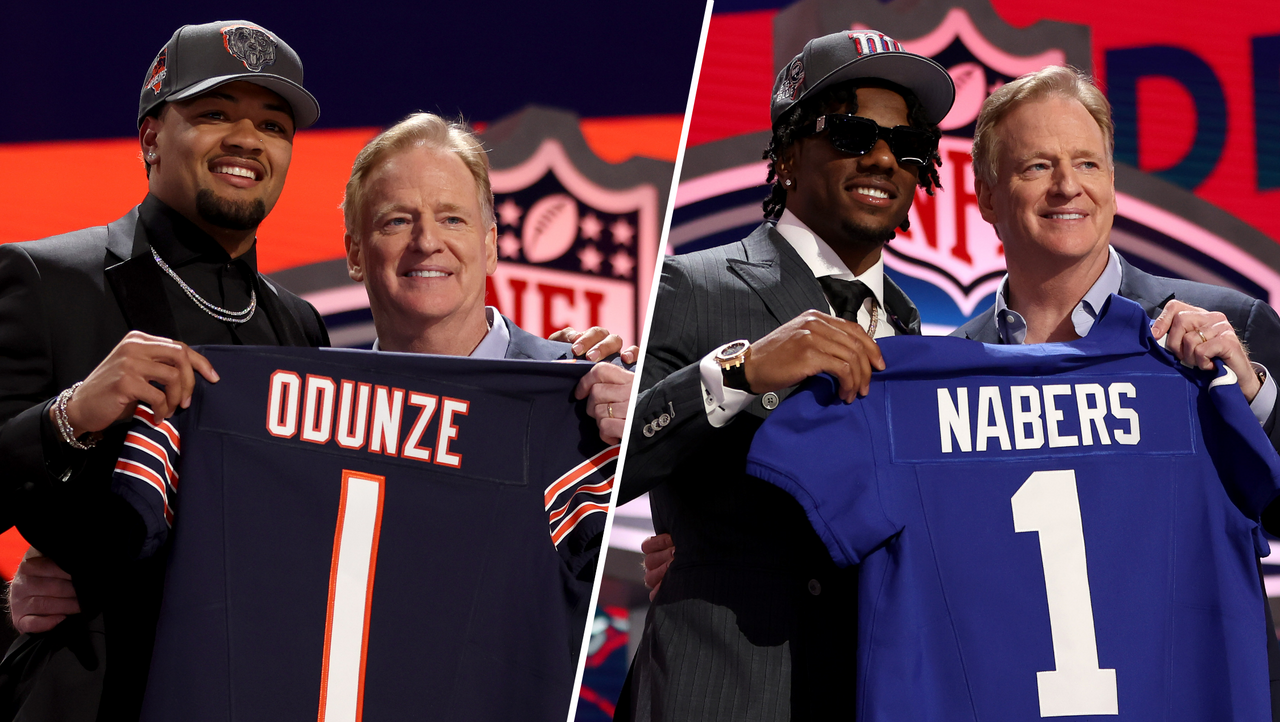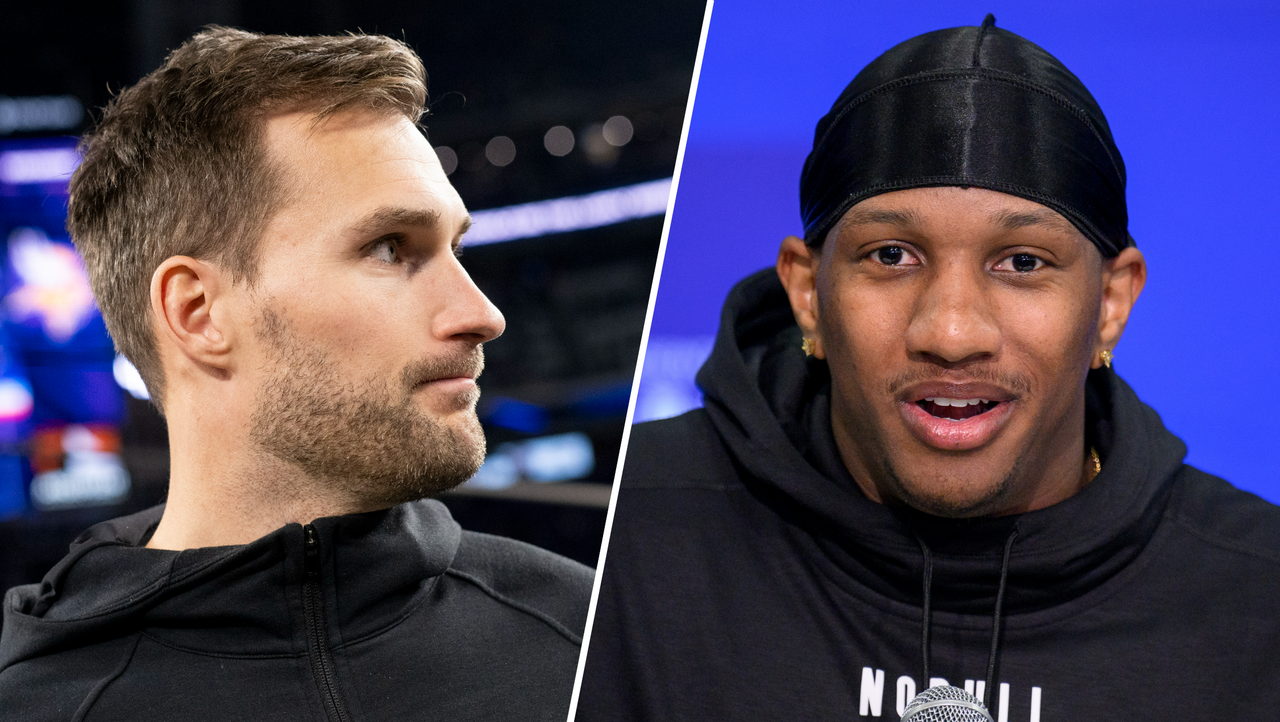College kids have enjoyed jaunts to Europe for a long time, but hanging out in hostels and sampling all Amsterdam has to offer is a far cry from earning a living. That's what makes the choices made by Nick Calathes and Terrence Oglesby in recent days so interesting.
Calathes, who just finished his sophomore year at Florida, has reportedly signed a $1.1 million per year deal to play for a professional basketball team in Greece. He'll also get a car and a house thrown into the deal, which makes it more than reasonable to forego the chance at being a late first-round pick in the NBA draft. If he slid to the second round, he wouldn't have things nearly as good. He can still be selected in the draft, with the team that picks him retaining his rights as they do for a more traditional European prospect.
Oglesby, last seen being ejected from Clemson's first-round loss to Michigan, hasn't signed with a team yet, but plans to follow in Calathes' footsteps. He led the Tigers in three-point shooting last season and averaged 13.2 points per game, but hasn't declared himself eligible for the NBA draft.
Coming on the heels of recent moves to Europe by the likely 2009 lottery pick Brandon Jennings and would-be high school senior Jeremy Tyler, is this the start of a trend among basketball players in the United States? It's important to note that Calathes and Oglesby each have dual-citizenship and have European passports, which allows them to bypass regulations limiting spots for Americans. That said, there does seem to be something worth watching here.
These players are being slammed for being impatient, but that doesn't make much sense. How many accounting majors would stay for another year of college if they were offered the job they were hoping to get after graduation, even if it was in their best interest to do so? If a good prospect can go overseas at 18 to play basketball at a high level while earning a good salary and keeping a future in the NBA on the radar screen, what's the benefit to going to college?
You get the basketball, but have to go to classes that don't interest you often enough to remain academically eligible while living under the often arcane rules of the NCAA and the chance that the coach you entrusted your future to may up and leave at any minute for a better opportunity for himself. You can argue that a college education protects against the uncertain future of athletes, but a few million in the bank means that education is always available without needing a scholarship.
Four players aren't going to cause a change in the way the basketball system works in the United States, but it won't take more than a few more high-profile jumps to force a reaction from college basketball. Short of some kind of payment to players, it's hard to see what changes can be made to make sticking around more paletteable for aspiring pro ballers.
Sports
That's a non-starter, but you wonder if the NBA might not step into the breech to ensure that they have first crack at the best basketball talent in the United States by expanding the D-League into a true minor league. Neither Calathes nor Oglesby represents the best talent, but it is a shot across the bow. It's been easy to allow colleges to do their developmental work for them, but that system won't necessarily remain in the league's best interest going forward.
Josh Alper is a writer living in New York City and is a contributor to FanHouse.com and ProFootballTalk.com in addition to his duties for NBCNewYork.com.



